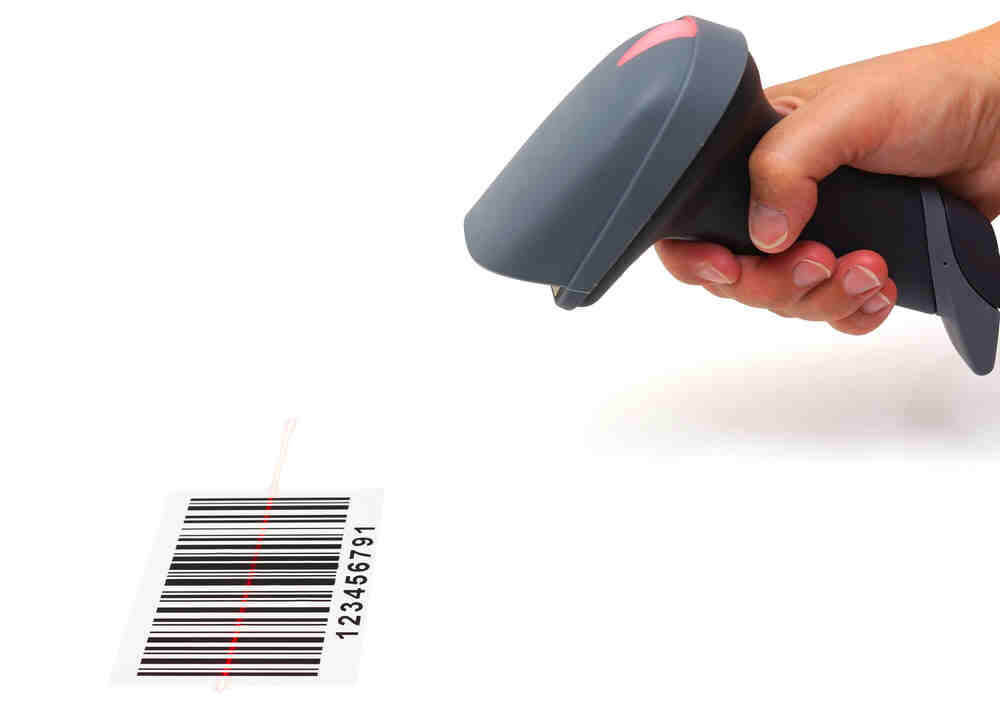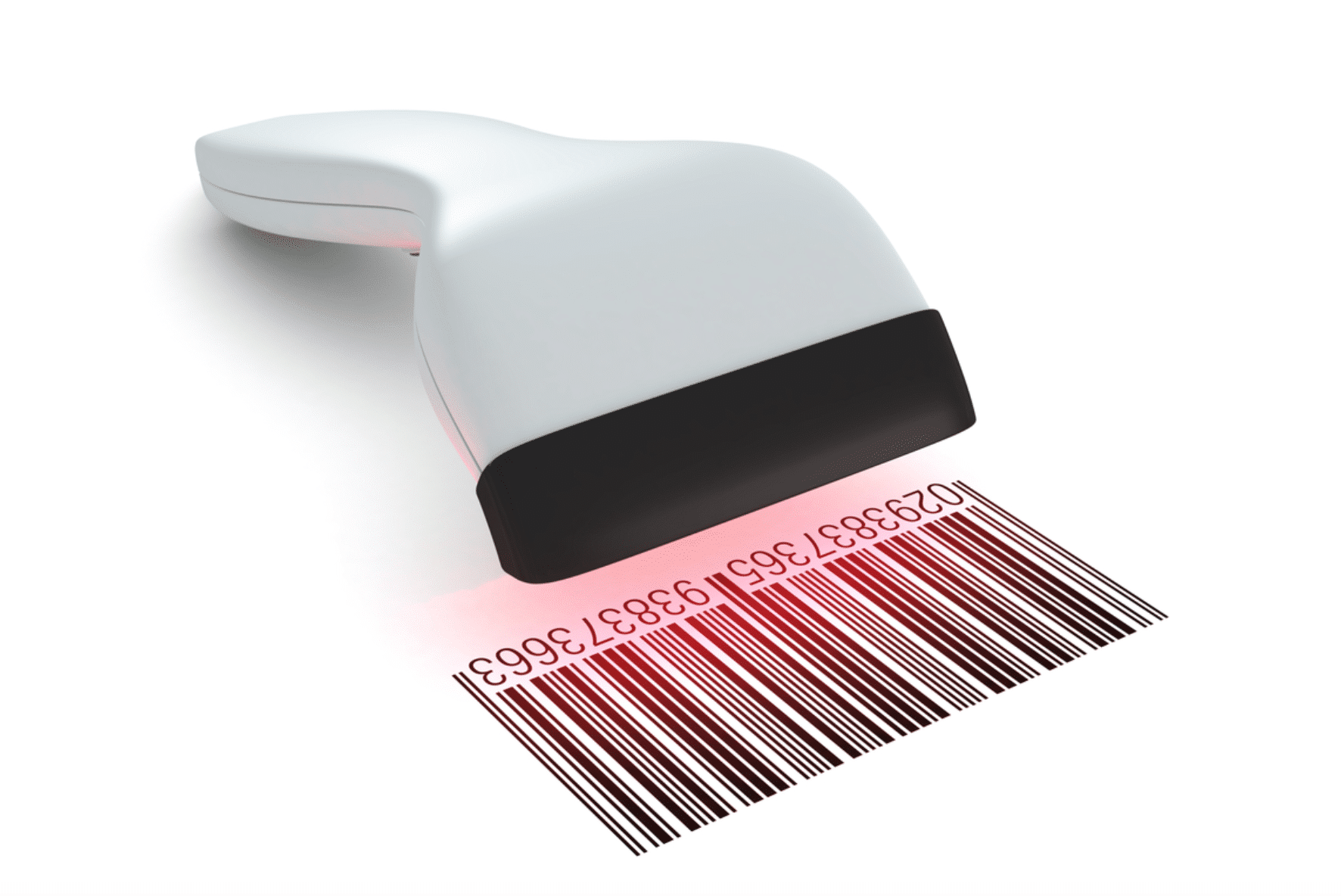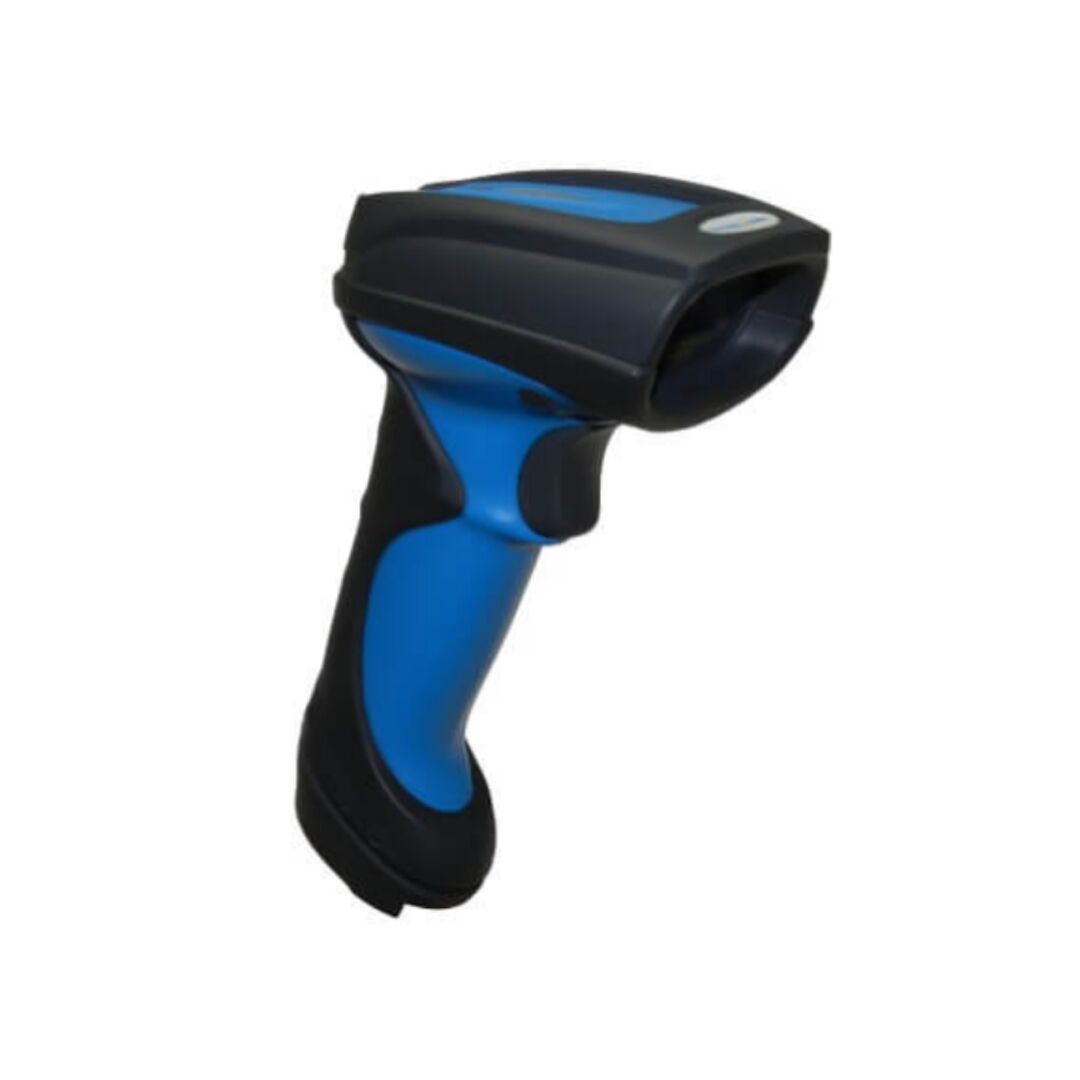Barcodes Scanners Designed for Accurate Retail Operations
Barcodes Scanners Designed for Accurate Retail Operations
Blog Article
Selecting the Right Barcode Scanner for Your Company Requirements
Choosing the suitable barcode scanner for your service needs a nuanced understanding of your certain operational demands and environmental conditions. Factors such as scanner type, speed, and compatibility with existing systems play an essential role in identifying the best selection.
Comprehending Barcode Scanner Kind
When it concerns choosing a barcode scanner, recognizing the numerous types available is vital for conference specific business demands. Barcode scanners can be classified right into a number of kinds, each created for different applications and environments.
Handheld scanners are the most usual, using transportability and simplicity of use, making them suitable for retail and inventory administration. They normally attach by means of USB or Bluetooth, giving adaptability in procedure. Fixed-mount scanners, on the other hand, are made for high-volume scanning applications, usually located in production line or checkout counters. These scanners are mounted in a fixed position, permitting quick scanning of several items one by one.
Another type is the mobile computer system, which incorporates scanning capabilities with calculating power. These tools are optimal for area procedures or stockroom management, making it possible for information collection and real-time stock monitoring. In addition, there are industrial scanners that are developed to endure severe settings, such as severe temperature levels or direct exposure to dust and dampness.

Key Features to Think About
What crucial functions should companies prioritize when selecting a barcode scanner? First and foremost, scanning rate is important, as faster scanners boost functional efficiency, especially in high-volume settings. The scanner's capability to read different barcode formats is additionally vital; ensure it sustains preferred types like QR codes, UPC, and Code 128 to accommodate diverse supply products.
Resilience is an additional vital function, specifically for companies in tough settings. Look for designs that are built to hold up against declines, dirt, and wetness. In addition, consider the connection options offered; whether you choose USB, Bluetooth, or Wi-Fi, the ideal connectivity can boost assimilation with existing systems.

Examining Your Service Atmosphere
To effectively choose a barcode scanner, businesses should analyze their certain functional setting. This analysis consists of evaluating the physical layout of the office, the nature of the products being checked, and the common conditions under which scanning occurs. A retail setting might call for portable scanners that can swiftly process purchases at the check out, while a warehouse setup could benefit from ruggedized scanners designed to sustain harsher problems.
In addition, take into consideration the quantity of scanning needed. High-throughput settings may necessitate sophisticated scanning innovations, such as fixed-position scanners or mobile tools that can run efficiently in busy circumstances. The combination abilities with existing inventory administration systems also play a vital duty; make sure the selected scanner can seamlessly connect with software program platforms being used.
Additionally, evaluate the potential for growth and scalability. A scanner that satisfies current needs could not be adequate as service expands. By completely assessing these aspects, businesses can choose a barcode scanner that not only satisfies instant requirements yet also sustains long-term operational performance and flexibility. This strategic technique eventually adds to smoother processes and enhanced productivity.
Budgeting for Your Scanner
Having actually analyzed the functional setting and determined the certain requirements for a barcode scanner, the following action entails mindful budgeting to ensure a wise economic investment. Establishing a budget plan begins you could try here with determining the overall expenses associated with the scanner, consisting of initial acquisition rate, operational expenses, and possible upkeep costs.
When picking a barcode scanner, consider the series of offered alternatives, from handheld devices to fixed-position scanners, as rates can vary substantially. It look at here is necessary to stabilize price with performance; going with an extra cost effective model may lead to raised operational inefficiencies if it does not fulfill your service needs.
Along with the equipment, consider costs connected to software program, training, and prospective upgrades. While it could be appealing to minimize ahead of time expenditure, buying a high quality scanner that aligns with your functional needs can yield long-term savings through enhanced performance and reduced downtime.
Last but not least, think about the complete cost of ownership, which incorporates the scanner's life-span and prospective resale value. By diligently planning your budget, you can make sure that your investment in a barcode scanner will certainly boost your operational efficiency and monetary efficiency.
Assimilation With Existing Systems
Incorporating a barcode scanner with your existing systems is important for maximizing its performance and making certain smooth procedures. barcodes scanners. A well-integrated scanner enhances workflow efficiency, reduces mistakes, and increases information handling. When choosing a barcode scanner, take into consideration compatibility with your existing software and hardware infrastructure, including your stock management systems, point-of-sale (POS) systems, and venture resource preparation (ERP) options
Evaluate whether the scanner uses standard protocols such as USB, Bluetooth, or Wi-Fi, which can assist in very easy integration. Furthermore, evaluate whether click for more info the scanner's software supplies APIs or SDKs that permit for modification and combination with proprietary systems. This is particularly crucial for companies with unique functional requirements.
As your company grows, your systems need to be able to accommodate added scanners and deal with boosted data quantities without significant reconfiguration. Eventually, investing in a barcode scanner that effortlessly incorporates with your existing systems will certainly generate lasting advantages, enhancing accuracy, performance, and overall efficiency within your procedures.

Conclusion
Finally, selecting an ideal barcode scanner necessitates an extensive analysis of different aspects, including scanner types, necessary functions, and the details service environment. Correct budgeting for both procurement and operational prices is important, along with ensuring compatibility with existing systems. By carefully taking into consideration these elements, businesses can improve efficiency and performance, ultimately bring about boosted functional end results. The best barcode scanner offers as a vital tool in streamlining procedures and facilitating effective stock monitoring.
Report this page